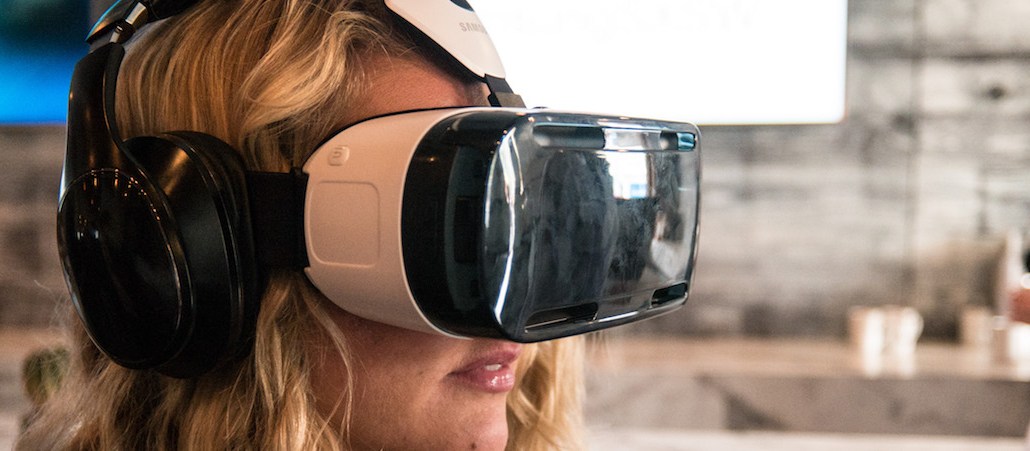Secure your place at the Digiday Media Buying Summit in Nashville, March 2-4
Agencies are so bullish on VR they’re eating some of the cost to convince brands

Virtual reality is hot right now. But while the technology has the attention of many brands, it hasn’t gotten them to open their wallets quite yet. Agencies, convinced of the need to be playing in the VR space, are beefing up their portfolios by taking on some of the costs themselves.
“Agencies need portfolio to work with clients. You can either develop your own prototypes or keep some of your client’s media planning budget for innovation,” said Dave Meeker, vp and global head of innovation at Isobar. “Clients may not want to take risks testing new technologies like VR, so agencies need to absorb some risks by themselves.”
The Isobar Australia team did the agency’s first VR project, called “CoDriver” for GM’s Chevrolet last year. The work combined 360-degree video, 3D game engine technology, surround sound, in-car vibration and Oculus Rift. Viewers could experience the Chevrolet’s driving capacity on an adventure through the New Zealand mountainside.
But to develop the project, Isobar covered the cost of the equipment for (and training on) cinematic VR and advanced audio capture. GM paid for the campaign starting with the Bangkok auto show. “Because VR was a new medium, we invested in the learning and didn’t pass that cost on to the clients,” explained Meeker. “At the same time, we created a reusable software framework that would allow us to launch ‘CoDriver’ across many marketers, saving the development costs for GM.”
VR and AR investment reached $1.7 million in the first quarter of 2016, more than 25 times more than two years ago, according to tech M&A adviser Digi-Capital. GE, Pepsi, Coca-Cola and McDonald’s have created VR content that goes beyond 360-degree videos. But most brands are still taking a wait-and-see approach before they invest ad dollars in more advanced VR activations. After all, production is costly — videos can run millions of dollars — and there are no measurable metrics when it comes to ROI.
But agencies, by their nature, are much more excited about this new medium — as they are with so much new technology. So while clients are wary, agency faithful are willing to do some free work to prove the new medium can actually benefit businesses. “When a new medium comes out, agencies often look to their own brand or less traditional ways to gain experience and credibility,” a rep from the agency iCrossing told Digiday, requesting anonymity.
Of course, this has its drawbacks. The industry spends hundreds of millions of dollars annually on new business pitches, said Bill Koenigsberg, president and CEO of Horizon Media, at this year’s 4A’s conference. “As an industry, we spend over $400 million in free man hours, producing work that we give away. We give away hundreds of millions of dollars in knowledge capital,” he said. “We have to stop the insanity of devaluing our product and giving it away for free.”
Meeker added that new technologies like VR have drastically changed the ad industry. In order to differentiate themselves, agencies need to show the marketplace that they are innovative thinkers and frontrunners. Still, Meeker doesn’t think going out of pocket on VR is necessarily a bad thing. “Someone needs to take risks first. It’s pushing everyone forward and enabling us to be more innovative,” he said. “The downside is that some agencies do this for industry awards rather than for their clients.”
More in Marketing

Future of Marketing Briefing: AI’s branding problem is why marketers keep it off the label
The reputational downside is clearer than the branding upside, which makes discretion the safer strategy.

While holdcos build ‘death stars of content,’ indie creative agencies take alternative routes
Indie agencies and the holding company sector were once bound together. The Super Bowl and WPP’s latest remodeling plans show they’re heading in different directions.

How Boll & Branch leverages AI for operational and creative tasks
Boll & Branch first and foremost uses AI to manage workflows across teams.





